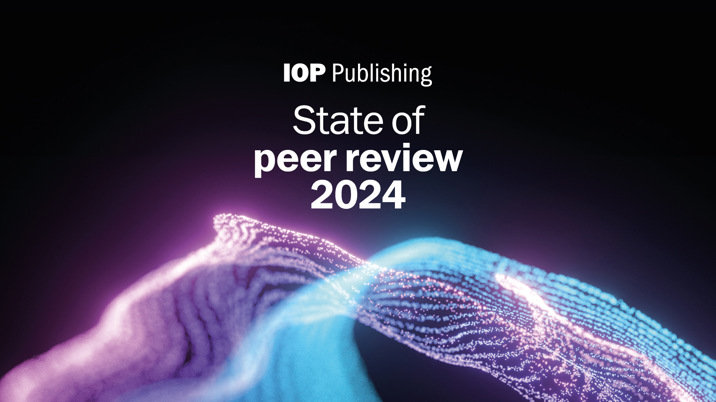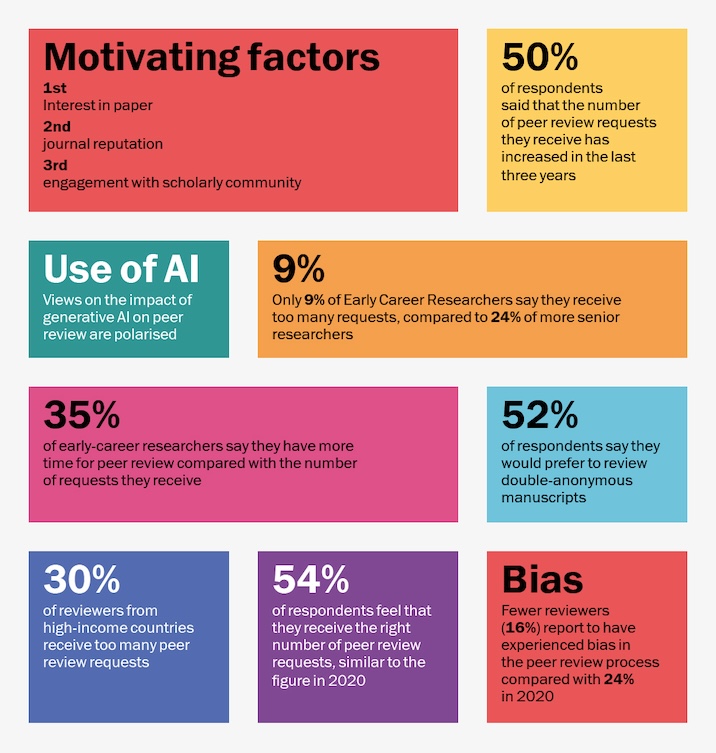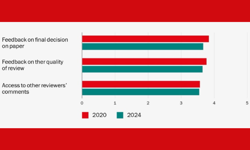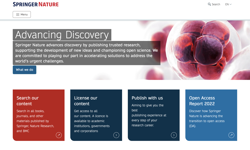
A global study from IOP Publishing (IOPP) has found that certain peer review communities continue to feel overburdened by reviewer requests, while others remain underrepresented.
The survey, which IOPP says generated over 3,000 responses from peer reviewers from across the globe, revealed regional and career-stage disparities:
- 30% of reviewers from high-income countries indicated that they receive too many peer review requests, compared with just 10% from low and middle-income countries
- Just 6% of respondents from China and 7% from India indicated that they receive too many requests, compared with 23% of respondents globally
- 28% of senior researchers say they receive too many requests, compared to just 7% of PhD students and 9% of postdocs.
Laura Feetham-Walker, reviewer engagement manager at IOPP, said: “As research outputs increase globally, the demands on peer reviewers also increase. The pressures can be eased by tapping into the groups that are currently underused, which in turn brings different viewpoints and expertise. It’s also important to acknowledge that peer review can be a daunting task for those with little or no experience in the process, which is why we offer free peer review training and certification tailored for the physical sciences. Casting the net wider when looking for potential reviewers and helping to boost peer review confidence are just some of the ways we’re working to address the global imbalance.
“Quality peer review is essential to the integrity and validity of science and relies on reviewers who are engaged, motivated and competent at providing constructive feedback. The insights we gain from this survey helps us to ensure we can continue to evolve the support we provide to the global reviewer community to help with their important work.”
IOPP added that other findings from the survey show that just over half of reviewers (52%) prefer to review double-anonymous manuscripts where the identity of both authors and reviewers are concealed. IOPP says it introduced this approach in 2021 to tackle the gender, racial and geographical under-representation in the scholarly publishing process. The predominant peer review approach in the physical sciences hitherto has been single-anonymous.
IOPP says its ‘State of peer review 2024’ report provides practical insights that will help improve the efficiency and quality of the peer review process.
To read the full report, click here.













